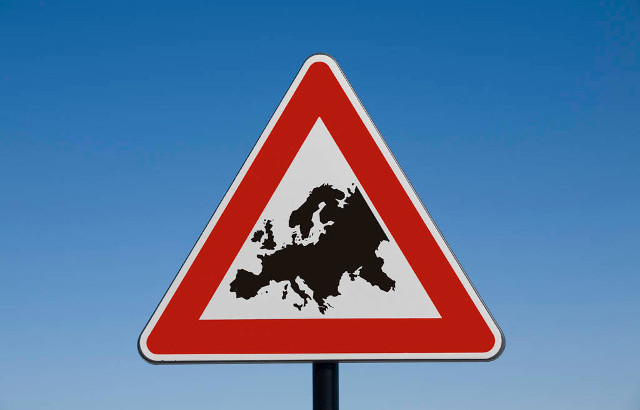The much-maligned European Union tax haven blacklist may be about reverse its position to exclude member states from its screening process, putting several countries at risk of being blacklisted.
When it was first drawn up in December 2017, the blacklist included 17 jurisdictions. Several changes have seen that number drop to just six.
But a recent report by Reuters suggests that the EU’s decision not to include member states could be overturned by Austria, which currently hold the EU Council presidency.
According to the news agency, the Austrians are reviewing the mandate of the group that conducted the screenings – the Code of Conduct Group on Business Taxation.
The chair of the conduct group, Fabrizia Lapecorella, told the European Parliament’s special committee on tax evasion and tax avoidance: “The fact of screening the EU member states with the same criteria is under discussion in the context of the revision of the mandate of the code of conduct group.”
‘Notorious tax havens’ let off easy
In addition to the blacklist, the EU released a so-called greylist of jurisdictions that fell short of the minimum standards but had promised to put measures in place to meet those requirements by certain deadlines.
When it was first released, there were 47 countries on the greylist; including British Overseas Territories and crown dependencies.
At the time, international charity Oxfam warned that the second list should not be treated as a way of letting tax havens “off the hook”.
Aurore Chardonnet, Oxfam’s EU policy adviser on tax inequality, said in December 2017 that it was “disturbing” to see mostly small countries on the EU blacklist “while the most notorious tax havens got away on the grey list”.
“It seems the EU’s pressure has obliged some of the most notorious tax havens like Switzerland and Bermuda to commit to reforms.”
Marked with a failing grade
The month before the EU list was released, Oxfam put together its own blacklist.
In its report, ‘Blacklist or whitewash? What a real EU blacklist of tax havens should look like’, the charity cautioned that the final list risks losing credibility if it does not include member states.
Using the same assessment criteria as the European Union, the charity identified 35 non-EU jurisdictions that should be blacklisted.
In addition, it highlighted that Ireland, Luxembourg, Malta and the Netherlands all failed to meet the fair taxation requirement.








